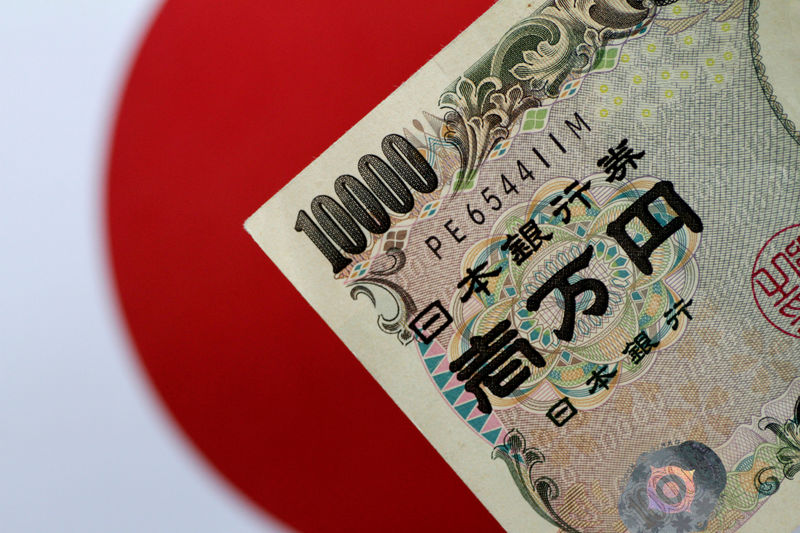By Ambar Warrick
Investing.com -- Most Asian currencies fell on Thursday, while the dollar steadied on hawkish comments from a slew of Federal Reserve officials, with focus now turning to upcoming inflation readings from China and the U.S. for more cues on the global economy.
Risk-heavy Southeast Asian currencies were the biggest decliners for the day, with the Thai baht and the Indonesian rupiah losing about 0.2% each.
The Japanese yen moved little against the dollar, as investors kept to the sidelines ahead of a widely anticipated unveiling of candidates for the next Bank of Japan Governor.
Broader Asian currencies ticked lower as fears of more U.S. interest rate hikes were rekindled by Fed officials this week. The dollar steadied against a basket of currencies, with the dollar index and dollar index futures trading flat on Thursday.
Overnight, Fed Governor Christopher Waller and New York Fed President John William called for more interest rate hikes in the coming months, given that inflation is likely to remain elevated due to strength in the jobs market. This followed a warning by Fed Chair Jerome Powell that even though inflation was easing in the country, more rate hikes were likely warranted.
Focus is now on U.S. consumer price index inflation data due next week, which is expected to inform the path of monetary policy in the coming months. Rising U.S. interest rates bode poorly for Asian currencies as the gap between risky and low-risk yields narrows.
Regional currencies were battered by a string of sharp rate hikes in 2022, with traders remaining wary of another such trend in 2023.
Local inflation readings were also in focus. The Chinese yuan moved little on Thursday in anticipation of CPI inflation data on Friday. The reading will be closely watched for any signs of an economic recovery in China, after the country relaxed most anti-COVID measures earlier this year.
The Indian rupee was among the few gainers for the day, extending small gains from the prior session after the Reserve Bank of India hiked interest rates and bucked market expectations for a pause to its current rate hike cycle.
Investors will also be watching for Indian CPI inflation due next week, to gauge whether price pressures retreated further in January.
